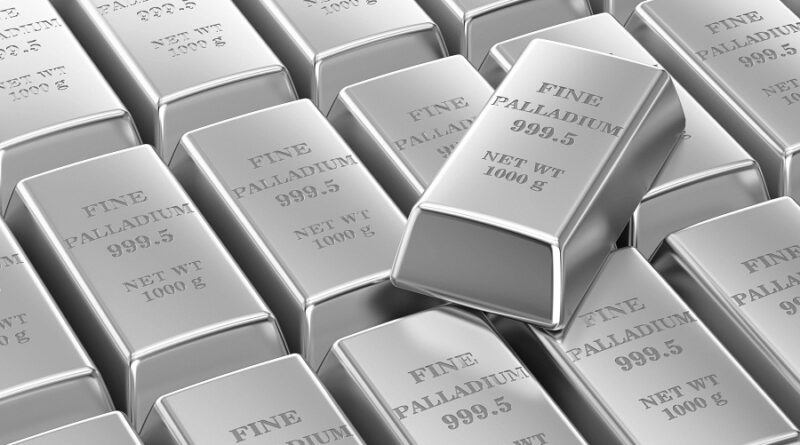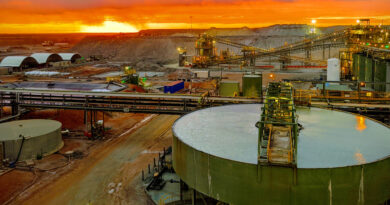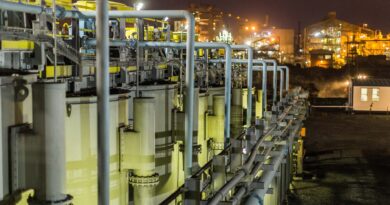As Russia invades, some commodities will benefit more than others
Additionally to oil, Russia is also a key supplier of several strategic commodities, all of which should benefit from heightened geopolitical tensions in Eastern Europe. The White House on Tuesday called Russia’s latest advances “the beginning of an invasion.”
Russian President Vladimir Putin announced that he recognizes the territorial claims of two self-declared separatist republics in eastern Ukraine and has deployed troops to those regions.
The U.S. and the U.K. have moved ahead with sanctions; U.S. President Joe Biden announcing Tuesday that the first wave of sanctions will target Russian banks and sovereign debt. Biden vowed tougher punishments if Russia continues its aggression.
“What the Russians would do is they would divert their oil. Instead of selling it into the current export structure that they have, they could easily make agreements with other countries to buy that oil, like China. Also, they can take off some of that oil, they can hold back. There’s no reason for them necessarily to sell, they have too many other key commodities that prices can drive up on,” Kitco News reported.
With the supply of oil and gas crunched, crude oil prices could spike to north of $100 a barrel, up to $120, an analyst said. Other strategic metals that will get further tailwinds are palladium, copper, and cobalt.
Russia is the number two producer of platinum, number one producer of palladium, they are the number three wheat producer. They produce 3.5% of the word’s copper. With EV demand increasing, copper is one of the main components out there…and they produce 4% of the world’s cobalt, which are used in those batteries for EVs. So, Russia is a very strategic country when it comes to commodity production, commodity exports, and the direction of the global economy.




